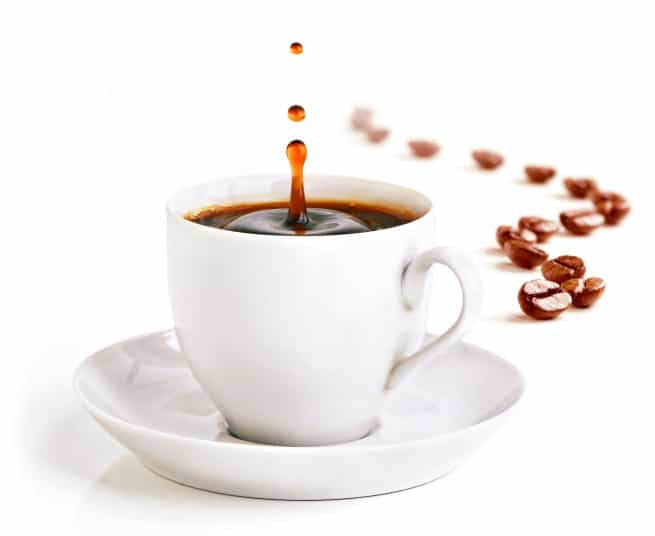How Water Quality Greatly Affects Gourmet Coffee
 Perform a small evaluation of your office beverage service. Efficiently running coffee machine? Check. Gourmet blends? Check. Quality water? Che—
Perform a small evaluation of your office beverage service. Efficiently running coffee machine? Check. Gourmet blends? Check. Quality water? Che—
If you’re not so sure about the status of your water, consider this: Coffee is 98.5 to 99 percent water, so water quality significantly affects the taste of your brew. Your office may carry the best tasting blends, but if they’re blended with low-quality water, they lose their magic.
You don’t have time to examine filters, and you know nothing about the chemistry behind H20, but you want your employees to have the great gourmet coffee they deserve. Read this guide on defining qualities of H20, so your coffee service never runs on anything short of amazing aqua.
Defining Qualities:
Freshness
When making coffee, only use water that tastes good enough to drink straight. If water sits too long (or has been heated and then cooled), it loses some of its dissolved air, an important component of the taste.
Hardness
About 80 percent of the nation’s tap water supply is considered to be hard to some degree. “Hard” water receives its name from the ample amounts of calcium and magnesium contained in it. Test water hardness simply by using a test strip It is recommended the water be no more than 50 parts per million (ppm) / 50 mg/L for optimum performance.
Softness
When you use a properly maintained water softener in your home or business, your water is considered “boiler safe.” There is still a small amount of minerals, but the concentration is low enough that lime scale build-up takes months or years, as opposed to days. It is recommended you treat your water with a carbon block water filter for optimum softness.
Harmful Processes:
Lime Scale Buildup
At near boiling temperatures, the minerals that cause water hardness “separate” from the water and solidify, inside your coffee machine. Over time, this build-up reduces heating efficiency, restricts water flow, and damages your machine’s valves.
Reverse Osmosis
This distillation process removes all minerals in the water. While it helps to prevent against lime scale buildup, it leaves your coffee tasting rather flat. Distilled water is actually considered corrosive, with a pH of about 5. It leaches to brass and aluminum machine interiors and may eventually cause leaks in your coffee machine. To protect your machine against corrosion, try installing a pH-balancing unit.
Prevention Methods:
Internal Water Filters
Most filters contain both carbon and organic compounds that remove taste-altering impurities and most water hardness. They are a great alternative to seeking out favorable sources of water, and they require only a saltwater solution to recharge.
Descaling
You should be descaling, or taking apart, your brewing system every two to three months. When you descale your machine, you remove the mineral and calcium build-up that has accumulated in the boiler, brew group, frothing wand and other related parts, allowing it to maintain constant steam pressure and temperature.
If you want your office blends to taste their best, start taking notice of your office water. Remember, water makes up such a large portion of coffee— if water quality suffers, coffee taste suffers. Avoid flat coffee and a damaged brewing system with high quality H20.
Ready to learn more about water’s power over quality gourmet coffee? Call 215-943-5700 or click on the link below to connect with The Java Geniuses at Quality Express Coffee.

 Order Online
Order Online